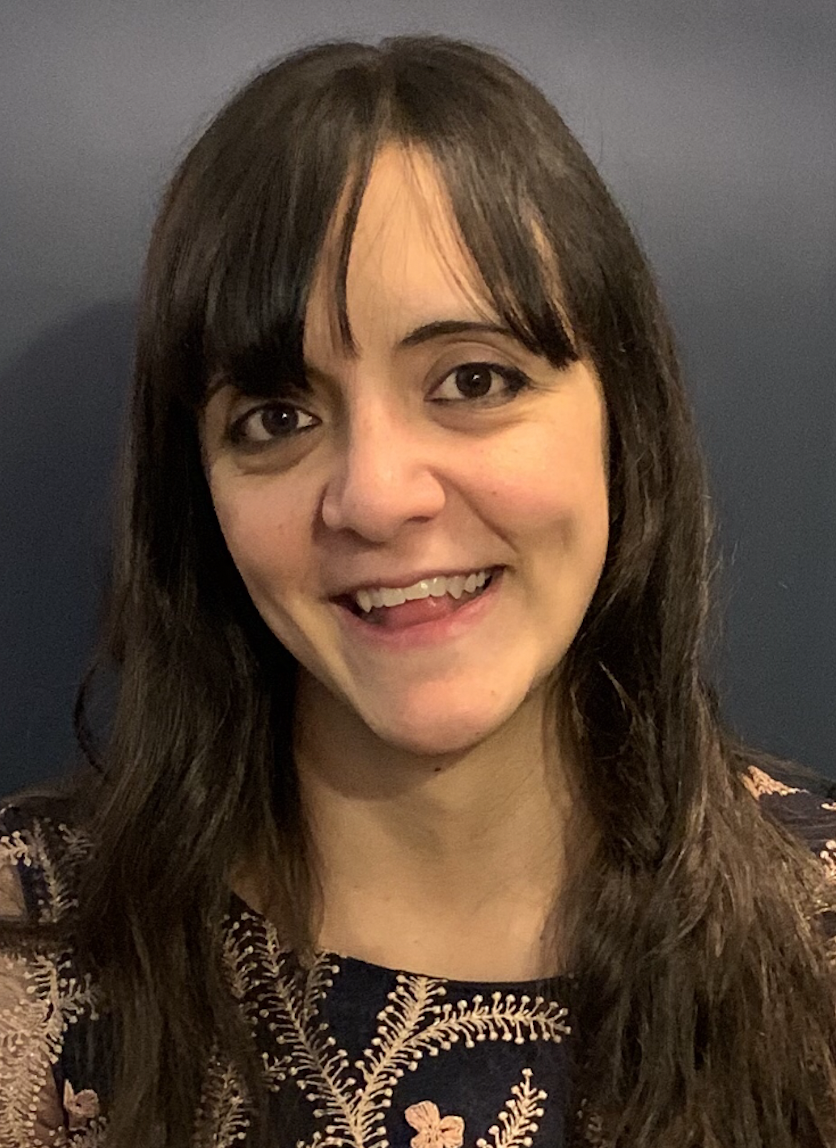Doctors are often perceived as the leaders of clinical teams, due to both natural career progression and long held assumptions about hierarchies within the NHS.
Yet, one only needs to speak to the average “junior doctor” to see how many do not see themselves as leaders; often battling systems that create a sense of infantilisation of the workforce rather than empowerment, combined with the challenge of rarely staying in one place long enough to be able to meaningfully enact change.
Frequently cited barriers to exploring leadership amongst doctors in training include a lack of time and a perceived lack of opportunity or, where those opportunities have been undertaken, a lack of head space to adequately reflect or meaningfully develop as clinical leaders.1,2,3
The NHS Regional Clinical Leadership Fellow Scheme aims to provide just that: time, a wealth of high-level opportunity, along with meaningful space for reflection on what it feels like to lead on complex and evolving priorities across the 7 regions within the NHS in England.
As a diverse group of doctors on the 2021/2022 cohort of the scheme, our clinical experience varies greatly – from those just finishing their 2-year foundation training, ranging to those with over a decade of clinical experience, nearing the end of our training in multiple different specialities. The impact we have all had as leaders on this scheme, regardless of our clinical experience, adds another layer of evidence to bust the myth that seniority in clinical experience parallels leadership ability.
It was not uncommon to find ourselves to be the only clinical voice in meetings; something that was empowering for many of us who initially felt out of our comfort zone. By retaining a clinical component throughout the scheme, we were also able to witness, first-hand, the impact the policy changes we were involved in making had on the shop floor and in turn, provide constructive suggestions for improvement. The sense of admiration and respect that our non-clinical leaders and managers in both regional and national teams have for those working on the frontline was palpable, and the more time we spent drawing on their knowledge and experience in the policy making, transformation or systems leadership space – the more respect and admiration we had for them too.
The multi-professional nature of the scheme is also a thing of beauty. Despite some progress over recent years, medical training largely involves training in silos. The opportunity to connect with colleagues from varied clinical backgrounds, with multi-professional learning spaces and action learning sets, provided us with richer learning and greater insight into the leadership challenges of other professions. Those sideways networks will undoubtedly be of benefit to us throughout our careers.
We know from discussions we have had with our colleagues that one of the challenges some professions have with regards to leadership development is the need for improved representation and role-modelling in the leadership space. Thankfully, the one thing the medical profession is not short of is role models. Several medics have been placed into the spotlight over recent years because of recent challenges facing the NHS, highlighting how influential and inspiring medical leaders can be. Professor Chris Whitty (Chief Medical Officer for England) with his calm authority amidst the chaos of covid, balanced with his humility at the Leaders in Healthcare conference we attended as fellows, where he described good leadership as predominantly being about “how well you can flex a strong team”. Dr Bola Owolabi (GP and Director – Health Inequalities at NHS England) and her overwhelming passion and dedication to tackling health inequalities, reminding us to focus on our own circles of influence to achieve long lasting change, and Dr Nick Watts (Chief Sustainability Officer for the NHS) whose ambition and determination behind the commitment to ensure the NHS meets its net zero target is clear for all to see. These inspirational medical leaders, along with many others within our regional teams have enabled us to see what we, as aspiring medical leaders, have the potential to become.
We each carved our own leadership experience this year as we faced a range of different workstreams across the 7 regions; driving vaccination uptake, refugee healthcare, narrowing health inequalities, staff retention, and virtual wards to name a few. Whilst the mentorship and peer support has been remarkable, our leadership journeys this year have been far from smooth. For all of us, the first few weeks were spent demystifying the landscape we were working in and exploring how to balance our leadership endeavours with our (often heavy) clinical commitments. A key leadership skill we have all had to learn is to reframe our disappointments or failures as valuable learning opportunities that will shape and guide our next steps. Perfectionism is a common trait amongst medics, likely due to the intense competition that begins as early as entering medical school right through to obtaining Consultant or GP roles at the end of training. Our ability to get comfortable with discomfort has risen exponentially this year, as there is nothing comfortable about leading through ever-changing and complex dynamics, for which there is rarely one ‘perfect answer’.
As we completed our fellowships, each taking different paths, whether that involved returning to training full time, entering new training programmes or commencing new leadership roles in clinical and academic spaces, there remains one key thing that unites us. This is the true appreciation of the tangible impact that compassionate, inclusive, and purposeful, yet adaptive leadership has on the productivity of our teams and the outcomes for our patients. As we explore new avenues, whilst weaving leadership into all that we do, we hope to continue the legacy of visible medical leaders as role models to ensure every junior doctor recognises that there is nothing “junior” in the quality of the leadership they can offer their teams and their patients.
References:
- Bagnall P.Facilitators and barriers to leadership and quality improvement. London: The King’s Fund, 2012. www.kingsfund.org.uk/sites/default/files/facilitators-barriers-leadership-quality-improvement-pippa-bagnall-leadership-review2012-paper.pdf [Accessed 21 September 2022]
- Swanwick T.Postgraduate medical education: the same, but different. Postgrad Med J 2015;91:179–81. 3. Wallace K. et al. Junior doctor leadership. How employers and supervisors can enable and encourage. Faculty of Medical Leadership and Management, 2021. www.fmlm.ac.uk/sites/default/files/content/resources/attachments/Junior%20doctor%20leadership.pdf [Accessed 21 September 2022]

Dr Rammina Yassaie
Rammina has recently started a new role as a Senior Lecturer in Clinical Leadership at Sheffield Hallam University. She worked closely with the NHS Leadership Academy during her year as an NHS Regional Clinical Leadership Fellow to support and develop the scheme. She is alumni of the HEE Yorkshire and Humber Future Leaders Programme (2016) and co-founder of the HEE Yorkshire and Humber Leadership Faculty. Her interests include compassionate leadership and meaningful improvements to staff wellbeing. Rammina qualified as a doctor over a decade ago, having previously worked as paediatric registrar in Yorkshire, followed by undertaking her GP training in Harrogate. Twitter: @ramminay

Dr Oliver Coen
Dr Oliver Coen is a Clinical Oncology Specialty Registrar, due to enter his final year of training at Leeds Cancer Centre. He completes his NHS Regional Clinical Leadership Fellowship in the North East and Yorkshire and is a previousalumnus of the HEE Yorkshire and Humber Future Leaders Programme (2021).

Dr Charlotte Williams
Charlotte Williams is now an NIHR funded academic clinical fellow and speciality trainee in obstetrics and gynaecology at North Bristol Trust. She is currently using her new knowledge and skills in clinical leadership and creating change in maternity systems in her current research into racial inequalities in maternal outcome. She previously worked on the COVID-19 vaccination programme maximising uptake in pregnancy across the South West of England as an FMLM Regional Leadership Fellow at NHS England South West. Twitter: @DrCharlea

Dr Syeda Farah Farzana
Farah (Syeda) is a current GP Trainee working in North West. She was a previous academic foundation trainee before starting the fellowship in her FY3 year. Her passion lies in Health Inequalities and that was her focus of work with the health inequalities hub during the fellowship. Her work focussed on accessing essential Covid19 vaccinations for vulnerable groups, the national CORE20PLUS5 agenda, and culturally sensitive end of life care amongst many other workstreams. She is a Trustee of a CIO known as AskmyDoc, and they strive to reduce barriers in accessing healthcare services amongst Ethnic Minority populations and increase healthcare literacy. She has continued to work on many agendas, and projects she has started during her fellowship year, and is driven to reduce healthcare inequality. Twitter: @SFarahFarzana
Declaration of interests
We have read and understood the BMJ Group policy on declaration of interests and declare the following interests: none.